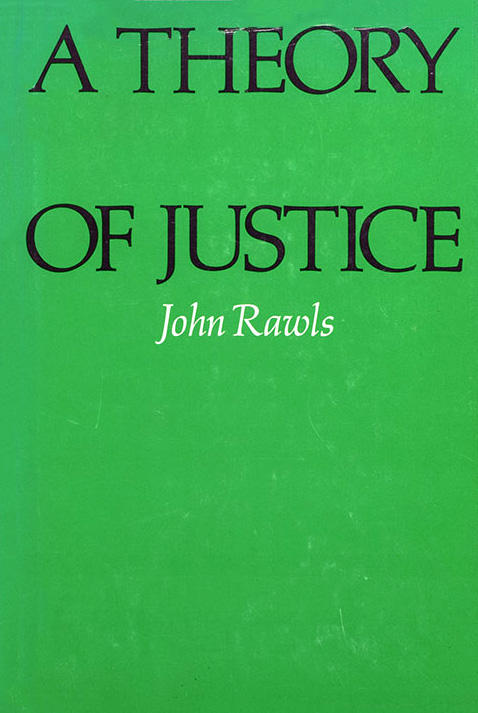
Principles Of Justice Theories. It states that all citizens have an equal right to basic liberties which according to rawls entails freedom of conscience expression association and democratic rights. Rawls briefly suggests that his theory of justice as fairness might be applied to international relations in general and to just war theory in particular ibid pp. Justice is the opposite of arbitrariness. Rawls s justice theory contains three principles and five procedural steps for achieving fairness.

The role of justice 3 2. Some related contrasts 24 7. The first principle is known as equal liberty principle. Utilitarianism libertarianism or classical liberalism and liberal egalitarianism. The priority problem 36 9. The third aspect of justice to which justinian s definition draws our attention is the connection between justice and the impartial and consistent application of rules that is what the constant and perpetual will part of the definition conveys.
We will read canonical defenses of these positions and then discuss the application of these theories to a range of controversial public policy questions including the death penalty distributive justice racial.
This principle guarantees basic political and liberties such as freedom of speech freedom of thought freedom of religion the right to hold personal property etc. The theory uses an updated form of kantian philosophy and a variant form of conventional social. Justice as fairness 3 1. Classical utilitarianism 19 6. Rawls applies his theory of justice to the domestic issue of civil disobedience. The principles are 1 an original position 2 a veil of ignorance and 3 unanimity of acceptance of the original position.